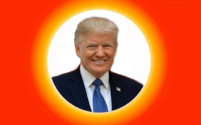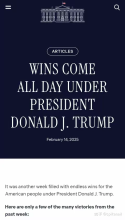you know, with all of these PhD super duper smart economist or super duper PhD people, i really question their intelligence.Actually to follow up, this reasoning appears to be identical to current chief economic advisor to trump Stephen Miran’s theory to do non-inflationary devaluation + restoring of manufacturing in the USA. So I would take this as a reiteration of the actual US plan, not merely Varoufakis’ theory.
Btw the original economic manifesto that Miran wrote for this plan has some hilarious misunderstandings of Chinas economy, honestly Zeihan level stuff
Social/human development is really a game of number, bigger number win. If a society have a lot of highly educated people, then that society will have higher pool of population to draw their productivity from. any population will follow the standard binomial distribution, this is like a natural law at this point.
The only way for USA to compete is really to reform their primary and secondary education system, so they have more educated domestic population to send to post secondary, and ultimately toward social productivity.
USA can bring manufacturing, and steel production back, but not through manual labour. USA need to innovate on automation to make steel production and manufacturing more price competitive. hiring more redneck union regards is not going to make their manufacturing more valuable. they will end up with more idiots who are overpaid for doing next to nothing. I do agree with varoufakis, the working population in usa will be screwed in the end, because in the long term, it will actually be more detrimental. i think there was a economist who said, the cheapest product usa produce is USD and if someone else is willing to sell steel for worthless paper, it is actually a good trade. only an idiot would pay US union labour to make steel.
some make the argument that USA need domestic steel in the case of a war with China. Well the whole reason for war is really USA sticking their nose into east asia. if USA pull out from asia, there is no security competition. although Japan and korea will be abandon, but honesty, that is actually better for the global security and economy.


